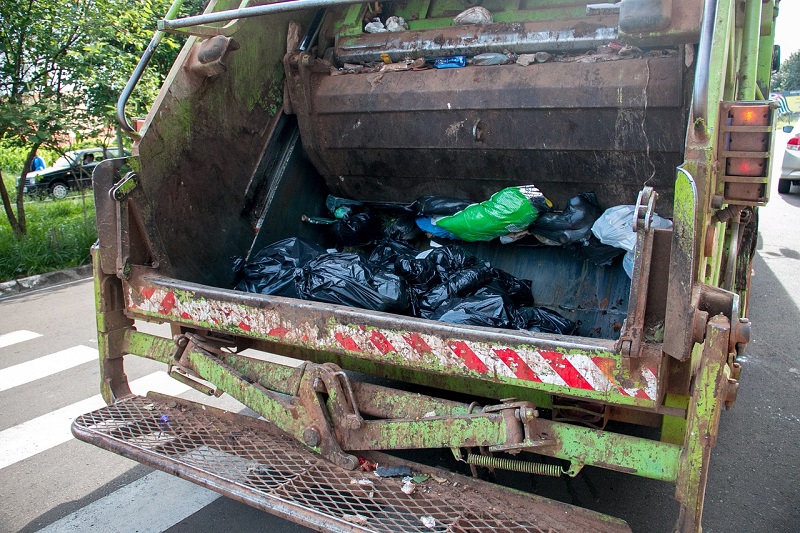March 18, 2021

A report from University College London (UCL), which was commissioned and funded by Veolia, has shared data and recommended measures to protect vehicle-based operatives providing waste collection services during the Covid-19 pandemic.
By analysing how airborne particles move in vehicle compartments, and the role of surface contamination, the report has shared proven ways to enhance safety and lower the risk of spreading Covid-19 and similarly transmitted illnesses.
The report also gives development guidelines for future sampling, maintenance and vehicle design, and can advance safety both for the waste management sector, and the transport sector more widely, where crewed vehicles are used.
Researched since August 2020 by the UCL Department of Civil, Environmental and Geomatic Engineering (CEGE) and the Centre for Transport Studies (CTS), the project examined the risks facing the drivers and loaders and considered issues of operation of the vehicles, staff bubbles, hygiene practices, challenges of wearing face coverings, and air quality in the vehicles.
The first phase of work looked at Covid-19 measures on the existing vehicle fleet, including recommendations on cleaning practices, ventilation and operational strategies.
A second phase of analysis explored ventilation of the vehicles, microbiological assessment and long-term measurements of CO2 to assess ventilation.
Airflow
At the beginning of the pandemic, it was widely thought that the main route of infection was through contact with contaminated surfaces, and exposure to larger droplets produced by coughs and sneezes.
However, later research and evidence found that the virus is also transmitted through very small aerosols suspended in air, particularly in closed indoor environments like vehicle cabs.
The research found that keeping vehicles well-ventilated is integral to reducing these aerosols. This sparked modifications in both vehicle systems, and operational settings, to the vehicles interior airflow, such as keeping cab windows open by at least 10cm during use.
These not only help guard against aerosol transmission, but also encourage crew alertness by keeping CO2 levels lower in the cab. By incorporating this with other measures, such as employee bubbles, the research supports the waste sector in further helping key workers maintain better security.
Lead author Dr Lena Ciric from the UCL Civil, Environmental and Geomatic Engineering department, said: “We looked at cab ventilation efficiency and design, as well as surface contamination and cleaning protocols.
“These, in combination with the measures Veolia has introduced such as changes to working patterns and creating team bubbles, have an important role to play in lowering the risk of spread of COVID-19.”
Co-author Dr Liora Malki-Epshtein, also from the UCL Civil, Environmental and Geomatic Engineering department, said: “Following many years where energy-saving has dominated the agenda, there has been a slow transition towards designing airtight indoor spaces where ventilation and air conditioning systems are set to recirculate stale air instead of bringing in fresh air, and leakage for outdoors is minimised.
“This seems to be even more true for vehicles, where standards of ventilation do not exist in the industry, and results in energy and emissions savings being made at the expense of fresh air.
“We now understand this to be poor design that is putting our health at risk from airborne infectious diseases. Environmental sustainability is vitally important for our future, and it needs to be achieved in novel and creative ways, achieving a healthy balance between good air quality indoors and outdoors.”
This is valid as of 18th March 2021.
 Driving is a large cause of work accidents and something that can be easily prevented. Small things such as removing distractions and limiting fatigue can reduce driving accidents. To find out more about how to combat this, download our directors briefing.
Driving is a large cause of work accidents and something that can be easily prevented. Small things such as removing distractions and limiting fatigue can reduce driving accidents. To find out more about how to combat this, download our directors briefing. Free downloads, advance notice of webinars, product updates and perks – all straight to your inbox.